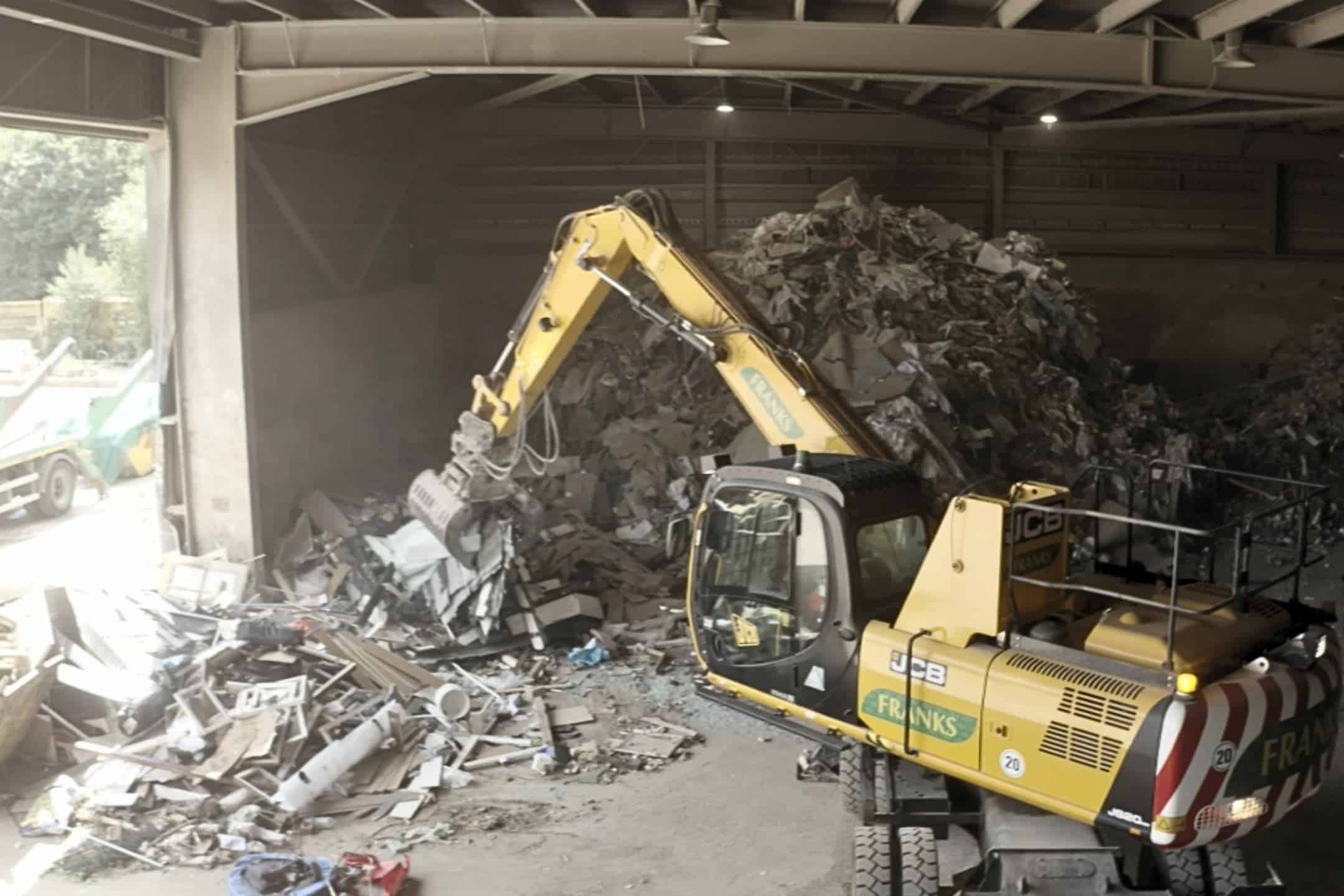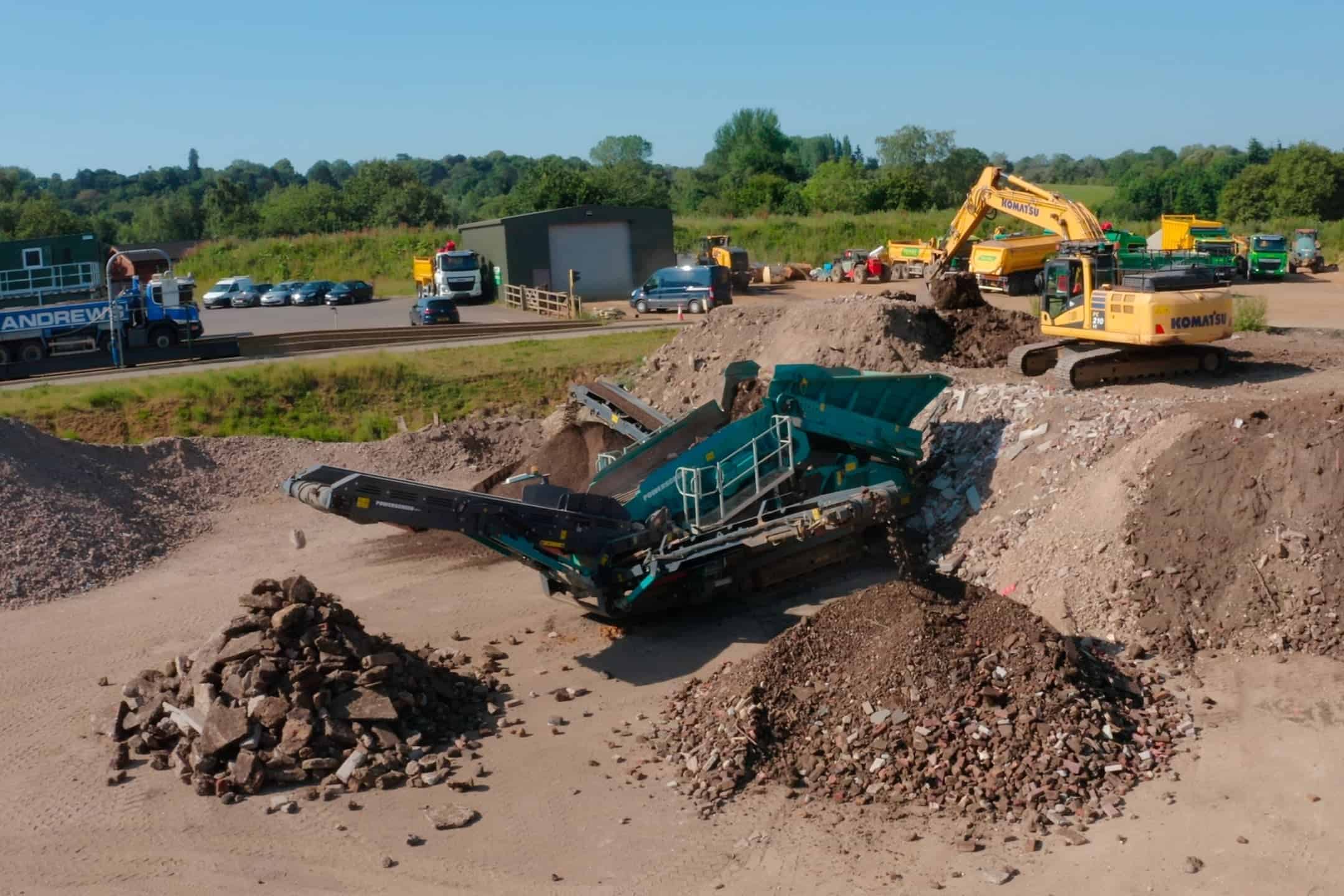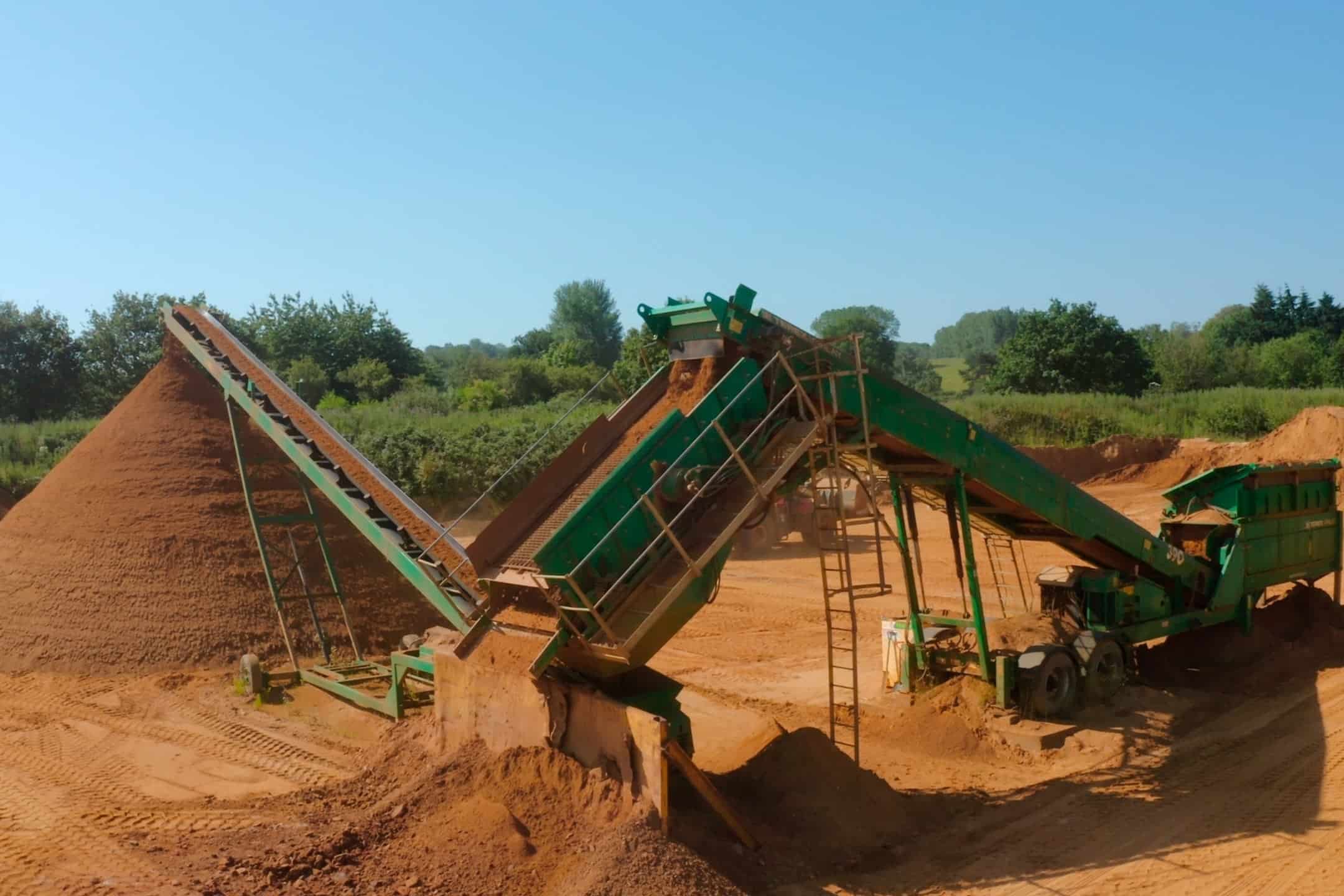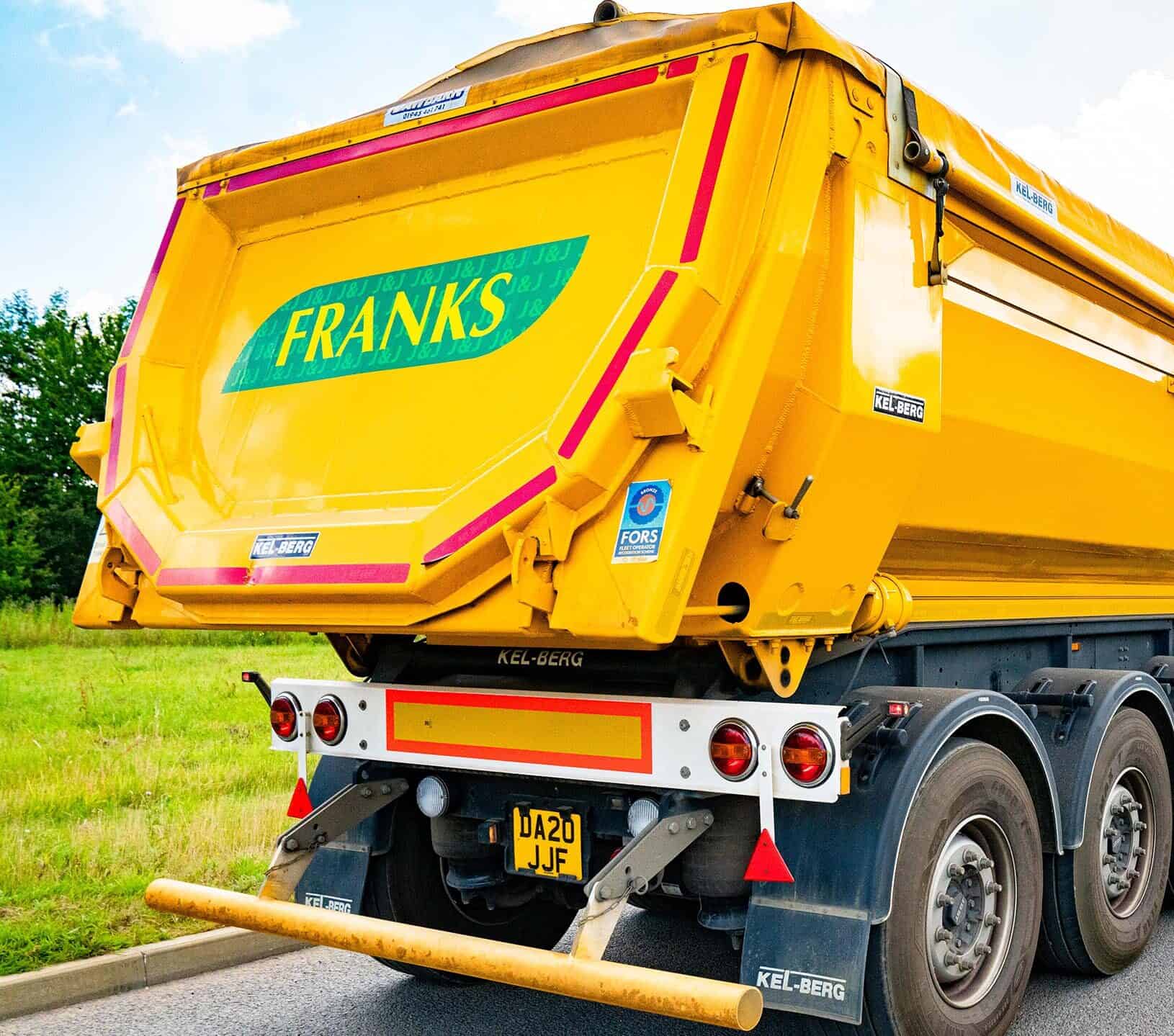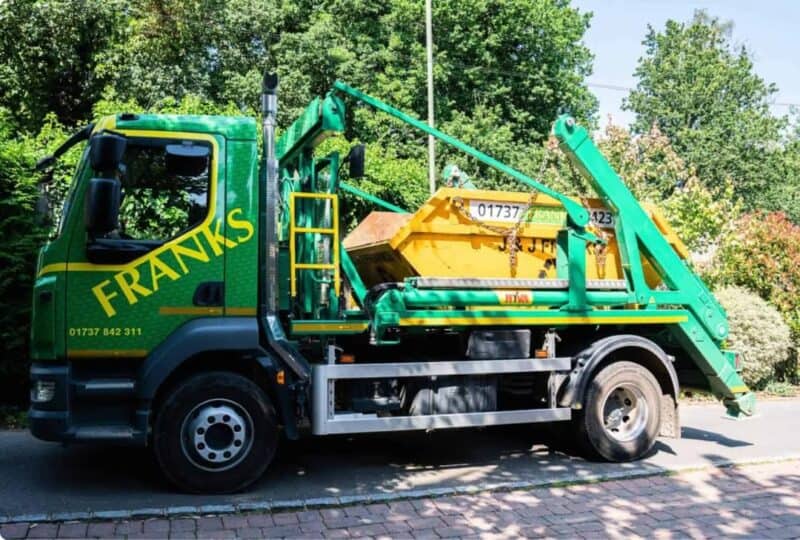In the construction industry, sustainability has become an increasingly important consideration, with a strong emphasis on reducing environmental impact. One significant way to achieve this is through the use of recycled quarry products.
What Are Recycled Quarry Products and How Are They Produced?
Recycled quarry products are materials that have been recovered and processed from construction and demolition waste or other sources, rather than being extracted from natural reserves. These products include recycled aggregates such as crushed concrete, brick, and asphalt, as well as reprocessed sand and gravel. The production of recycled quarry products involves several steps:
- Collection and Sorting: Waste materials from construction sites, including concrete, bricks, and asphalt, are collected and transported to recycling facilities.
- Crushing and Screening: The collected materials are crushed into smaller pieces and screened to remove contaminants and ensure a consistent size and quality. This process helps in producing high-quality recycled aggregates that can be used in various construction applications.
- Quality Control: Recycled products are tested to meet industry standards, ensuring that they are safe and reliable for use in construction projects. This step is crucial for maintaining the integrity of the final product.
By transforming waste materials into valuable construction resources, recycled quarry products help conserve natural resources and reduce the need for new quarrying activities.
How Do Recycled Quarry Products Reduce Environmental Impacts?
The use of recycled quarry products in construction projects significantly reduces the environmental impact in several ways:
- Conservation of Natural Resources: By reusing materials from previous construction projects, the demand for primary aggregates is reduced, preserving natural resources like limestone, granite, and sand. This also helps decrease the environmental degradation associated with quarrying activities, such as habitat destruction and landscape alteration.
- Reduction in Waste: Recycled quarry products help divert significant amounts of construction and demolition waste from landfills. Instead of discarding these materials, they are given a new life, reducing the burden on landfill sites and minimising the environmental footprint of construction activities.
- Lower Carbon Emissions: The production of recycled aggregates typically requires less energy compared to processing virgin materials. This results in lower carbon emissions, contributing to the fight against climate change. Additionally, using local recycled materials reduces the need for long distance transportation, further decreasing the carbon footprint of construction projects.
- Sustainable Construction: Incorporating recycled materials into construction projects aligns with sustainable building practices, promoting a circular economy where materials are reused and recycled rather than discarded.
Financial Advantages of Using Recycled Aggregates
In addition to their environmental benefits, recycled quarry products also offer several financial advantages:
- Cost-Effectiveness: Recycled aggregates are often more affordable than primary materials due to the lower cost of production and reduced transportation expenses. This cost-effectiveness can lead to significant savings, especially for large-scale construction projects that require substantial quantities of materials.
- Waste Disposal Savings: By using recycled materials, construction companies can reduce the costs associated with waste disposal. Instead of paying for landfill space, they can repurpose waste materials, turning a potential expense into a valuable resource.
- Compliance with Green Building Standards: Many green building certifications, such as BREEAM, award points for using recycled materials in construction projects. By incorporating recycled quarry products, companies can achieve higher certification levels, potentially increasing the value of the property and making it more attractive to environmentally conscious clients.
- Long-Term Savings: The durability and performance of recycled aggregates can match or even exceed that of primary materials, ensuring that structures built with recycled products require less maintenance and have a longer lifespan. This can result in long-term savings on repair and maintenance costs.
How Do Recycled Quarry Products Meet Regulatory Requirements?
Using recycled quarry products in construction not only supports sustainability goals but also helps companies meet regulatory requirements. Several regulations and standards govern the use of recycled materials in construction:
- BS EN Standards: In the UK, recycled aggregates must comply with the British Standards (BS EN) to ensure they meet the necessary quality and safety requirements. These standards cover various aspects of production, including grading, composition, and performance.
- Waste Management Regulations: The use of recycled materials is often linked to compliance with waste management regulations. By recycling construction waste, companies can demonstrate their commitment to responsible waste management practices, reducing their environmental impact and avoiding potential fines for non-compliance.
- Planning Permissions and Environmental Impact Assessments (EIAs): In some cases, the use of recycled materials can be a requirement for planning permissions or part of the conditions set out in an Environmental Impact Assessment (EIA). By using recycled quarry products, companies can meet these requirements, facilitating the approval process for construction projects.
- Sustainable Construction Certifications: As mentioned earlier, green building certifications like BREEAM often require or encourage the use of recycled materials. Meeting these certification requirements can enhance a company’s reputation and open up opportunities for government contracts and other environmentally focused projects.
The environmental benefits of recycled quarry products in construction are clear. They conserve natural resources, reduce waste, lower carbon emissions, and support sustainable building practices. Additionally, the financial advantages, such as cost savings and compliance with green building standards, make recycled aggregates an attractive option for construction companies. By choosing to incorporate recycled quarry products into their projects, companies can not only improve their environmental footprint but also enhance their financial performance and regulatory compliance.
For more information on how J&J Franks can assist with providing high quality recycled quarry products for your construction needs, please contact our team today. Our expertise in sustainable construction materials ensures that your projects are built with the future in mind.
